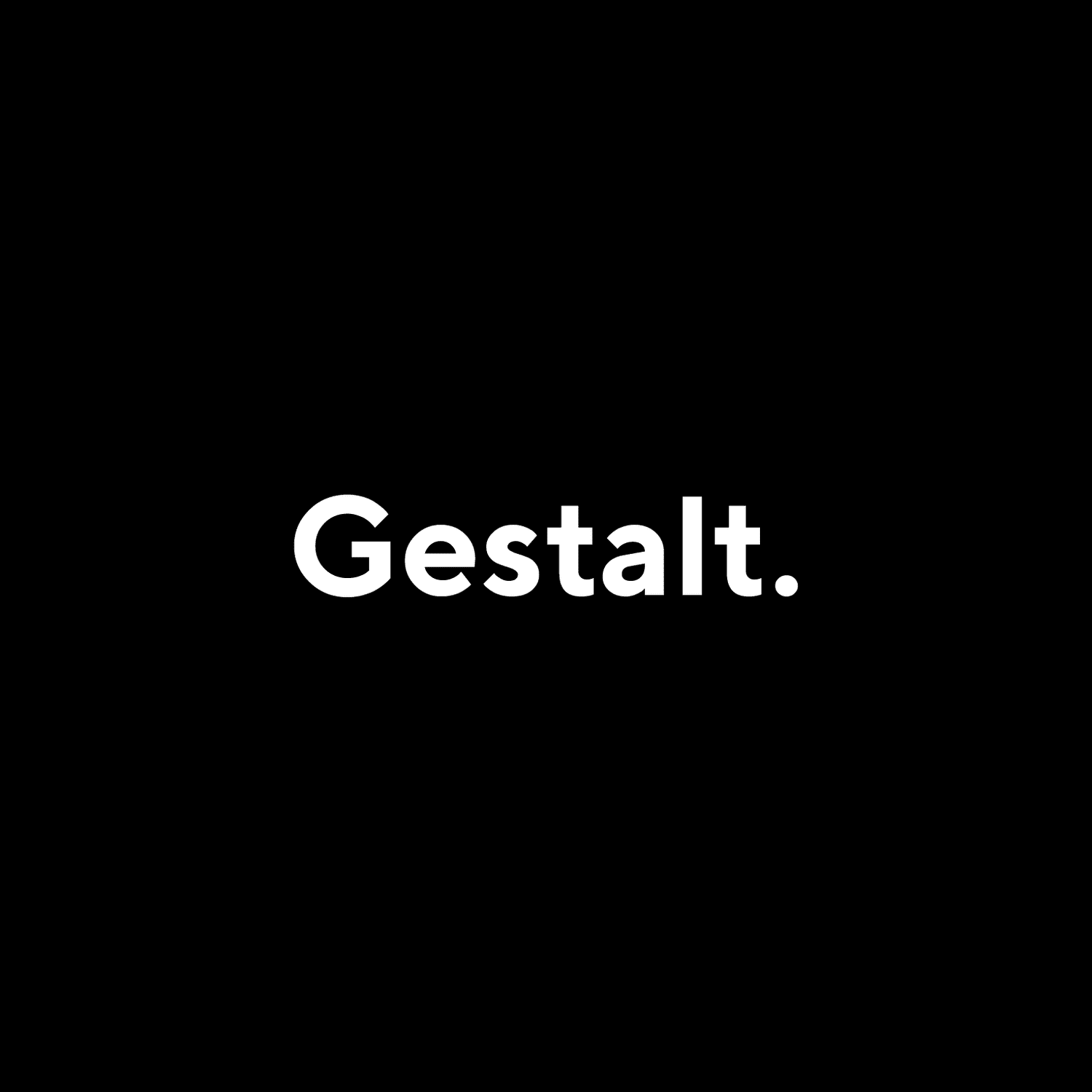Gestalt psychotherapy in practice
Gestalt psychotherapy is a form of psychotherapy that emphasizes personal responsibility and focuses on individual experience in the present moment, the therapist-client relationship, the environment and social context of a person’s life, and self-regulatory adjustments. It was developed by Fritz Perls, Laura Perls, and Paul Goodman in the 1940s and 1950s, and was first described in the book Gestalt Therapy in 1951.
Gestalt psychotherapy focuses on process (what is actually happening) over content (what is being talked about). The emphasis is on what is being done, thought, and felt in the present moment (the phenomenality of both client and therapist), rather than on what could or should have been. Gestalt therapy is a method of awareness practice (which in other clinical domains is also called “attention”), by means of which perception, feeling and action are understood as suitable for interpretation, explanation and conceptualization (hermeneutics of experience).
Bodywork – the benefits of trauma treatment
This distinction between direct experience and indirect or secondary interpretation develops in the process of therapy. The client learns to become aware of what he is doing and this triggers the ability to risk a shift or change.
The goal of Gestalt psychotherapy is to enable the client to become more complete, to live more creatively and to get rid of blocks and unfinished business that can reduce satisfaction, fulfillment and growth, and to experiment with new ways of being. For this reason, gestalt therapy belongs to the category of humanistic psychotherapies. As Gestalt psychotherapy involves perception and meaning-making processes that shape experience, it can also be considered a cognitive approach. Also, as Gestalt therapy relies on contact between therapist and client, and because the relationship can be considered contact over time, Gestalt therapy can be considered a relational or interpersonal approach.
Since it appreciates the bigger picture, that is, a complex situation that includes multiple influences in a complex situation, it can also be considered a multi-system approach. In addition, Gestalt therapy processes are experimental, including action, and it can be considered a paradoxical and experiential/experimental approach.

Keywords: psychotherapist Zagreb, psychotherapy Zagreb, gestalt psychotherapy, gestalt Zagreb, Licensed therapist near me in Manhattan NYC, Affordable therapy services in New York State, Holistic psychotherapy sessions in NYC, Somatic Experiencing therapy for trauma recovery in New York City, NARM therapy in Brooklyn, Licensed couples therapy in Manhattan, Gestalt therapy near me in NYC, Marriage counseling in Queens NYC, Therapy for anxiety treatment in NYC, Experienced psychotherapist in New York, Licensed psychotherapist near me in NYC, Somatic Experiencing therapy sessions in New York, Trauma therapy and counseling in Manhattan, Gestalt therapy sessions in New York City, Therapy sessions for emotional regulation in New York, Trauma therapy near me in Brooklyn New York, Licensed mental health therapist in Manhattan NYC, Depression therapy in New York, New York City therapist experienced in PTSD treatment
*Photo: Getty Images
*Contact: Make an appointment
*For companies: Creative manager
Autoimmune diseases – psychological factors








